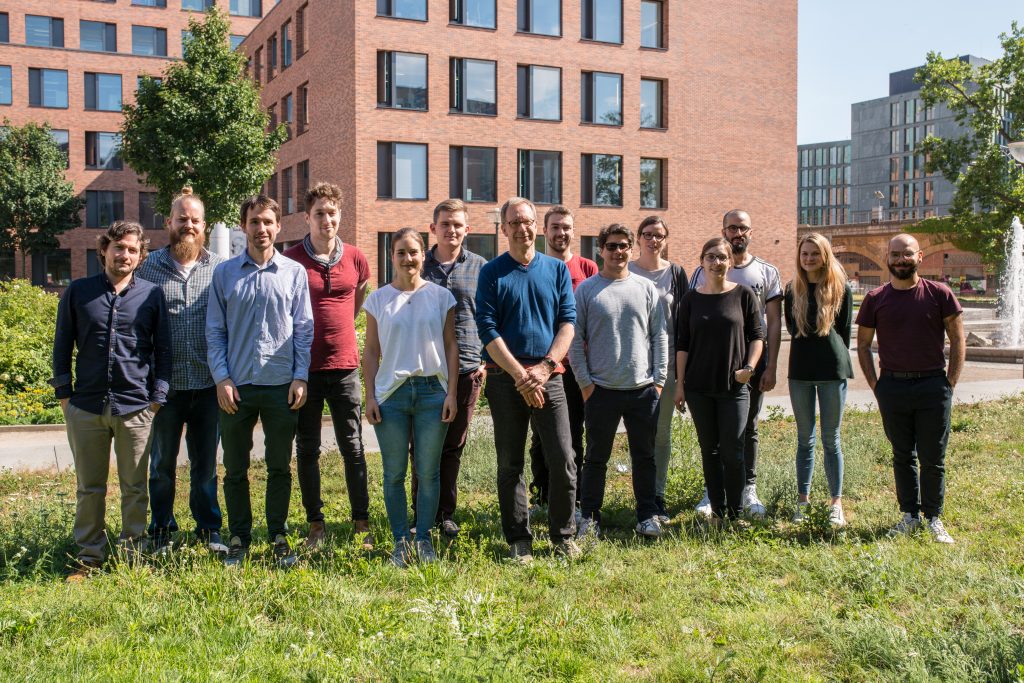- Programme Area 1
Developmental and Mucosal Immunology

- Chronic Inflammation
- Innate Immunity
- Microbiota
- Tissue homeostasis
Development and function of the innate immune system
Our current and future research is focused on a molecular understanding of how components of the innate immune system promotes tissue homeostasis by contributing to the adaptation of multicellular organisms to pernicious environments, such as those at barrier surfaces (e.g., intestine, skin).
